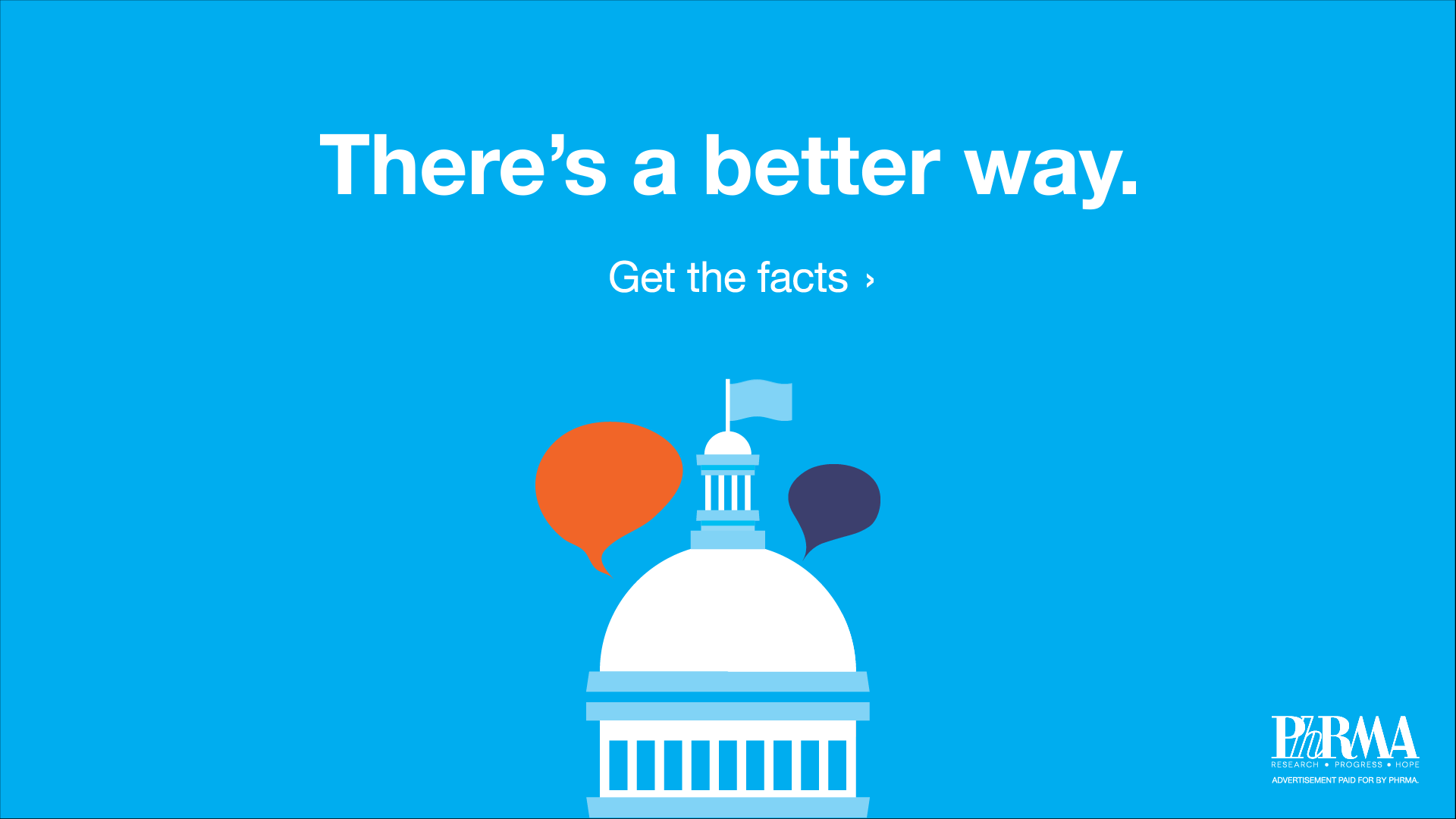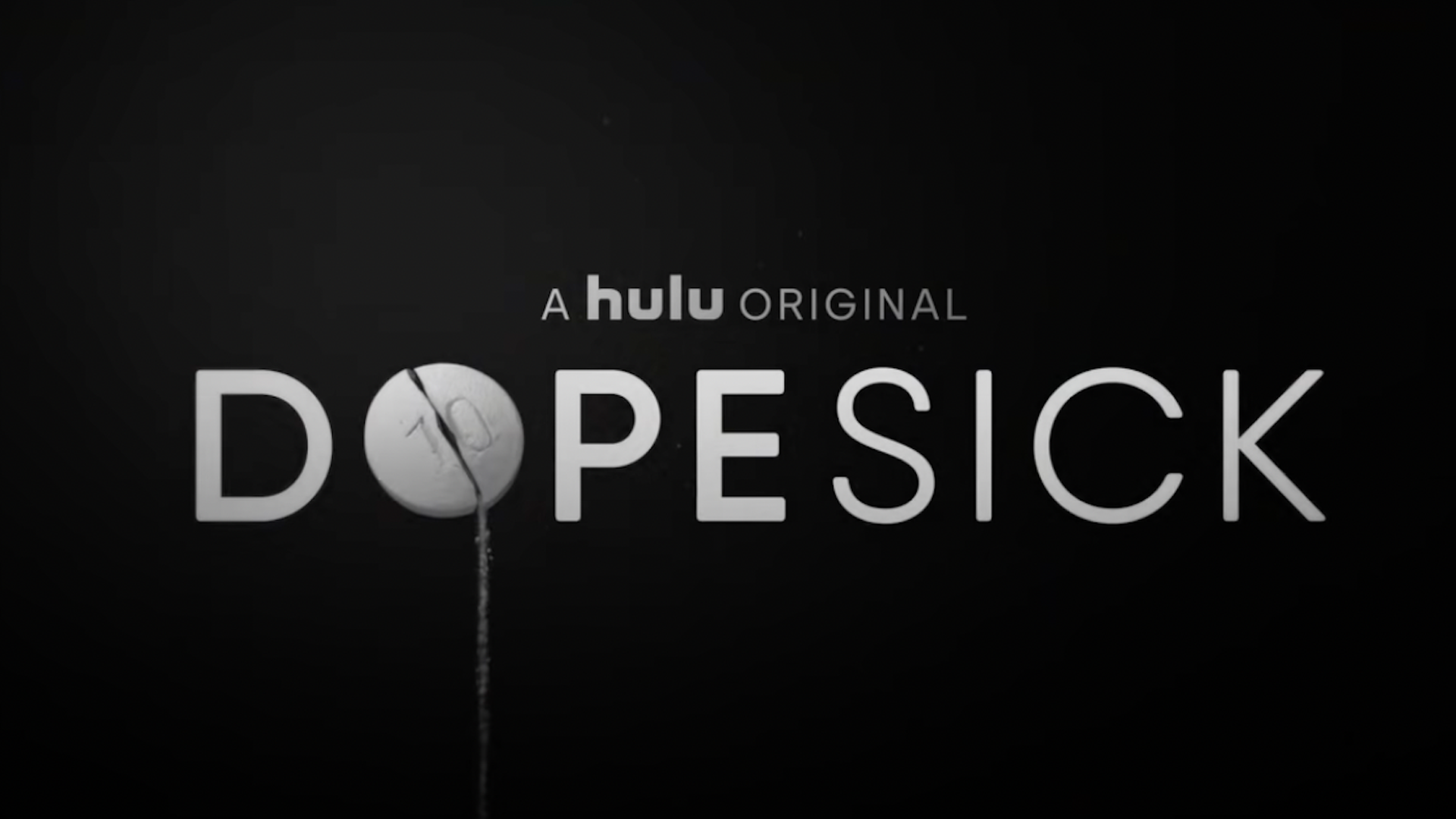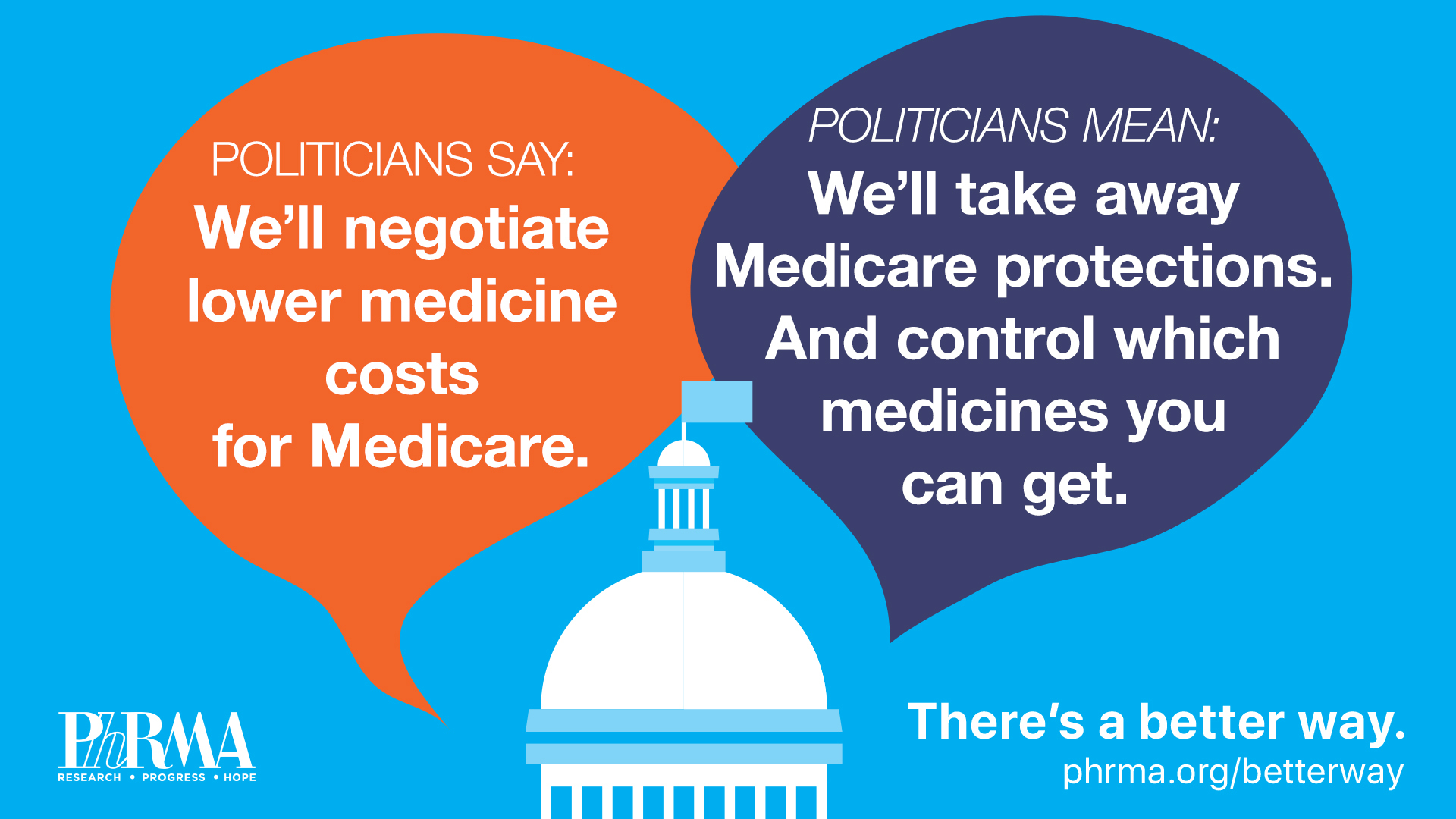| |
| |
| |
| Presented By PhRMA |
| |
| Axios Vitals |
| By Tina Reed ·Aug 09, 2021 |
| Welcome back from the weekend, Vitals readers! Today's newsletter is 921 words, or a 3-minute read. 🎰 Situational awareness: HIMSS, one of health tech's biggest conferences, begins in Las Vegas today. |
| |
| |
| 1 big thing: America's Delta data problem |
 |
|
| Illustration: Aïda Amer/Axios |
| |
| Top Biden administration officials are growing frustrated with the lack of internal visibility into data being collected by the CDC, particularly as they try to deal with Delta's spread, Axios' Caitlin Owens writes. - The U.S. is increasingly reliant on data coming from other countries or from drug companies about the coronavirus vaccines' effectiveness over time, particularly when it comes to the Delta variant.
Driving the news: Friday saw an international coronavirus vaccine data dump. - A South African study found that Johnson & Johnson's vaccine is effective against the Delta variant, particularly against death, Reuters reports.
- Public Health England published data collected through the end of July showing vaccinated people are less likely to become infected with Delta. But once infected, they may be equally contagious.
- Earlier last week, Imperial College London released a study that found vaccine's effectiveness against symptomatic disease had dropped significantly with the rise of Delta in the U.K.
Meanwhile, the CDC also published data on the vaccines' effectiveness in older Americans — except the data only went through April, before Delta became dominant in the U.S. Between the lines: The CDC's culture is to only release data once ready for publication. That makes sense for the public, but it's frustrating for policymakers trying to make real-time decisions, said one source familiar with internal discussions. - "That's where the tension is, like, 'Where the hell are the data?'" one source said.
The other side: "Countries with centralized health care systems have advantages here. The USA doesn't work like that," Cornell virologist John Moore said. - "This is an old, old problem, nothing to do with today's CDC," he added.
|
    |
| |
| |
| 2. Wildfires' far-reaching health impact |
 |
|
| The Statue of Liberty sits behind a cloud of haze from the wildfires out West. Photo: Spencer Platt/Getty Images |
| |
| Just as some cities were about to see relief from the degraded air quality caused by wildfire smoke, another plume is expected to trickle in from the West, Axios' Marisa Fernandez writes. Why it matters: Several studies in recent months have sounded alarms about how harmful microscopic particles from smoke can wreak havoc on the public's health even hundreds of miles from fire sites. - With climate change linked to worsening wildfire seasons, health experts are emphasizing a need for new solutions as exposure to smoke from bigger wildfires becomes a regular occurrence.
Go deeper: UN report: Effects of climate change even more severe than we thought |
    |
| |
| |
| 3. Technology upside from pandemic |
 |
|
| Illustration: Aïda Amer/Axios |
| |
| A majority of doctors say the pandemic forced their organization to make tech upgrades that normally would've taken years, according to a Google Cloud poll provided exclusively to Axios. Why it matters: While health care has typically moved at a cautious pace when it comes to adopting new tech, COVID spurred a digital transformation. The poll of 300 physicians happened to have been conducted by Harris Poll on behalf of Google Cloud just before the pandemic began in February 2020. They returned to follow up with docs in June 2021. - Unsurprisingly, telehealth adoption was one of the biggest changes with its use jumping from 32% to 90%.
- 62% of doctors said the pandemic forced technology upgrades that normally would have taken years.
Reality check: "Despite the technological leaps this year, most physicians still believe the industry lags behind in technology adoption," wrote Joe Miles, Google Cloud's managing director for healthcare and life sciences. - More than half of docs said the industry lags behind gaming (64%), telecommunications (56%) and financial services (53%) when it comes to digital adoption.
|
    |
| |
| |
| A message from PhRMA |
| People want choice and access to medicines in Medicare – not barriers |
| |
 |
| |
| In Washington, what politicians say and what they mean can be very different.
To save money, some politicians are willing to sacrifice access to medicines in Medicare. This could make it harder for seniors and those with a disability to get the medicines they need. There's a better way. |
| |
| |
| 4. Telehealth decline stabilizes |
| Telehealth use in the U.S. stabilized in May following three months of decline earlier this year, according to FAIR Health's Monthly Telehealth Regional Tracker provided first to Axios. Why it matters: After the massive spike in telehealth use (and investment, as mentioned above) — amid pandemic lockdowns followed by drops in use as the U.S. reopened, the industry is trying to understand what the new normal will look like. - Telehealth use, measured as a percentage of all medical claim lines, rose 2% nationally from April to May 2021, increasing from 4.9 percent of medical claim lines in April to 5 percent in May.
But, but, but: That rise was only seen in two of the four U.S. regions, the South and the West. - Telehealth claim lines rose 5.6% in the south and 4.8% in the West.
- In the Midwest, telehealth claim lines dropped 5.4% while it dropped 1.7% in the Northeast.
Zoom out: The tracker also looks at how telehealth is being used and saw substance use disorders join the top five telehealth diagnoses for the first time. - Mental health conditions remained in the number one spot among telehealth diagnoses and rose nationally and in every region in May 2021.
|
    |
| |
| |
| 5. Hulu launching series on opioid crisis |
 |
|
| Screenshot: Hulu |
| |
| Dopesick, a new Hulu original drama starring Michael Keaton about how the U.S. got hooked on Oxycontin, will premier on Oct. 13. - The streaming platform released its trailer Friday for the limited series. Watch here.
- Inspired by the New York Times bestselling book by Beth Macy, the series is described as an exploration "of the genesis of the opioid epidemic" with the introduction of Oxycontin and the mass production and marketing by Purdue Pharma to unknowing doctors and ultimately, their patients.
- Other stars in the show include Peter Sarsgaard and Rosario Dawson.
|
    |
| |
| |
| 6. While you were weekending |
 |
|
| Illustration: Aïda Amer/Axios |
| |
- NIAID director Anthony Fauci said on Sunday that he hopes the COVID-19 vaccines will receive full approval by the U.S. Food and Drug Administration "within the next few weeks." (Axios)
- The U.S. is now averaging 100,000 new COVID-19 infections a day, returning to a milestone last seen during the winter surge. (Associated Press)
|
    |
| |
| |
| A message from PhRMA |
| People want choice and access to medicines in Medicare – not barriers |
| |
 |
| |
| In Washington, what politicians say and what they mean can be very different.
To save money, some politicians are willing to sacrifice access to medicines in Medicare. This could make it harder for seniors and those with a disability to get the medicines they need. There's a better way. |
| |
 | | It'll help you deliver employee communications more effectively. | | |









No comments:
Post a Comment